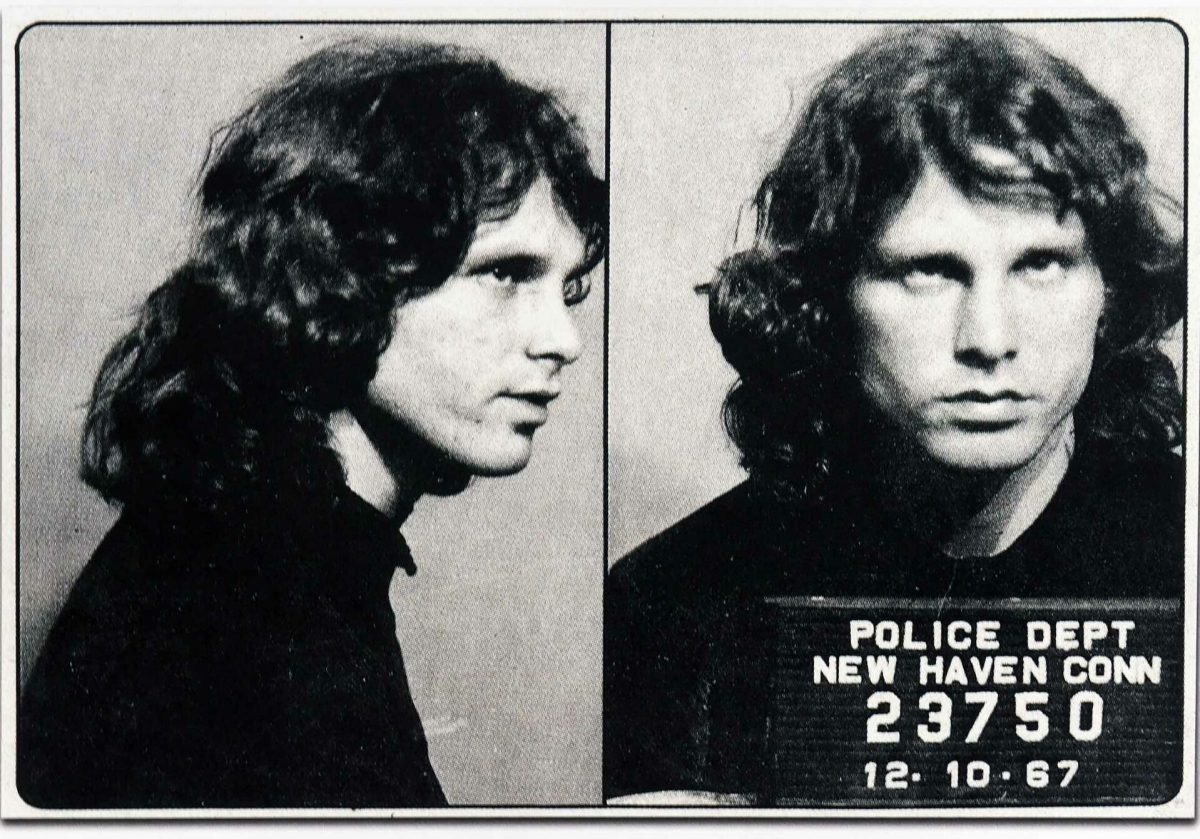If it wasn’t enough that Arnold Schwarzenegger settled for three films kicking machine ass, the Terminator is back fighting the latest threat to human existence: Video games?

California’s appeal for managing violent video games was accepted by the Supreme Court on Apr. 26. The bill, which was first signed by California governor Schwarzenegger in 2005, seeks to ban the sale or rental of violent video games to minors as well as reinforce the video game rating system. In addition, retailers in violation of the law would face fines of up to $1000. Initially, the bill was rejected by a California federal court because it conflicted with the constitutional concept of free speech, resulting in awarding the Entertainment Software Association $282,000 in legal fees. Now, the clash between Arnold Schwarzenegger, his California backing, and the gaming industry is drawing national upset for the regulation of violent video games, a topic that’s been steadily receiving intense scrutiny over the years.
According to California definition, interactive games are those in which the player is given the choice of “killing, maiming, dismembering, or sexually assaulting an image of a human being” in offensive ways. The bill examined “ultra-violent games” whose violence causes them to “lack serious literary, artistic, political, or scientific value for minors” as well as those whose violence “is especially heinous, cruel, or depraved in that it involves torture or serious physical abuse to the victim,” said California assemblyman Leland Yee. Such games have been at the center of controversy, begging the question of whether the state or parents should be the ones to regulate what their children play.
Parents have raised the issue of psychological damage to children that may generate aggression, isolation, and an inability to distinguish fantasy from reality. In fact, there have been complaints about the effect that graphic depictions in video games have on children’s behavior. “We have a responsibility to our kids and our communities to protect against the effects of games that depict ultra-violent actions, just as we already do with movies,” governor Schwarzenegger proclaims.
The game Rapelay allows players to rape women, impregnate them, and even persuade them to abort pregnancies. Manhunt allows players to use explicit and brutal violence to kill enemies and as the levels increase, the methods to execute enemies get more gruesome and extreme. Condemned 2: Bloodshot, a psychological horror game, depicts a swearing alcoholic investigator who uses graphic violence in a crime-infested world. Dante’s Inferno includes players slashing possessed babies. And in Gears of War, players can use a chainsaw bayonet to chop enemies in half. Call of Duty: Modern Warfare 2 consists of a level where players watch terrorists slaughter civilians at an airport by shooting them in the back of the head. Despite these complaints, the game industry says: “Sex, unlike violence, is a subject uniquely considered to be outside children’s purview. Violence, on the other hand, is a regular part of children’s literature and stories…as anyone familiar with the classic fairy tales are aware.”
In response to the recent appeal, ESA president and CEO Michael D. Gallagher says: “What the state proposes in this case would effect a sea change in the permissible regulation of all media—including books, movies, and television programs—that contain violent content and are accessible to minors. We have the opportunity to make our case again and hopefully put this issue to rest.”
The Supreme Court will be hearing the case in October.




